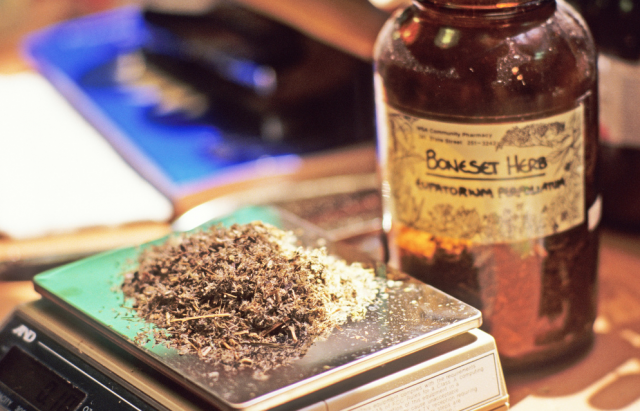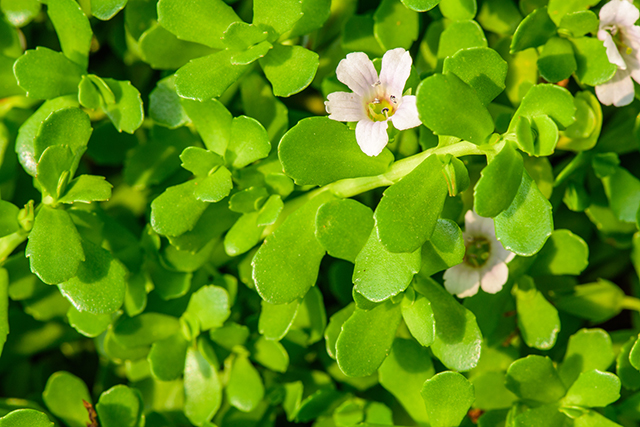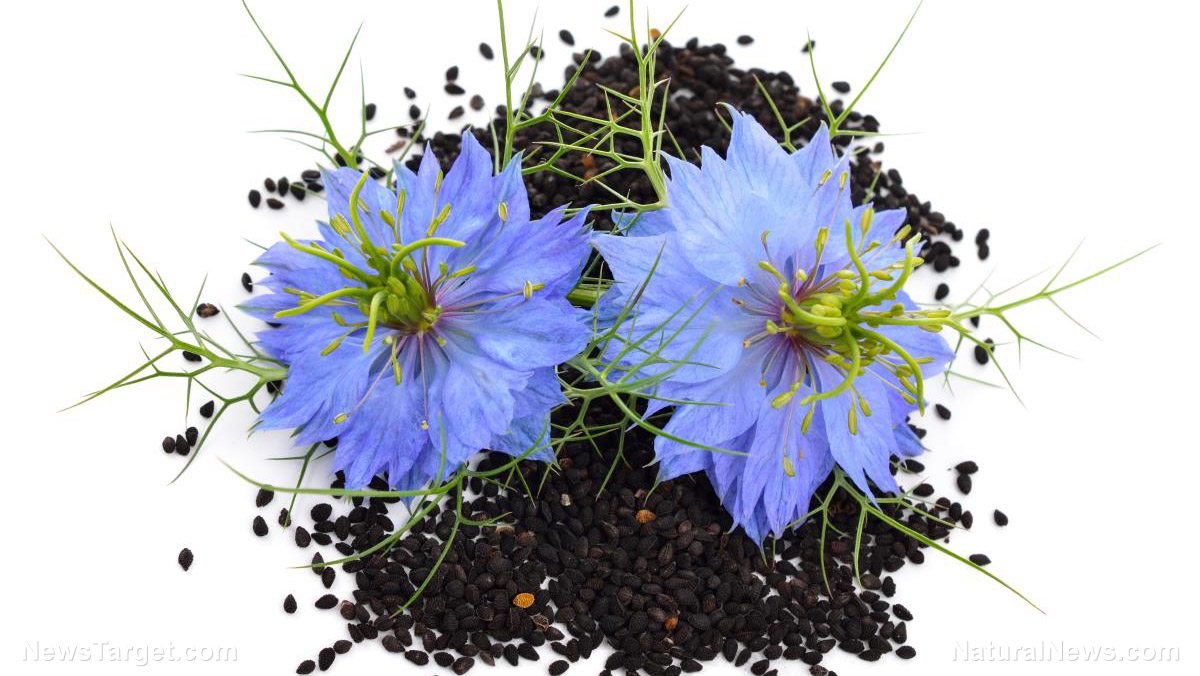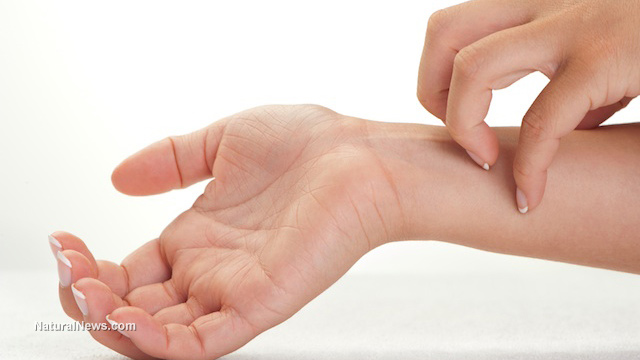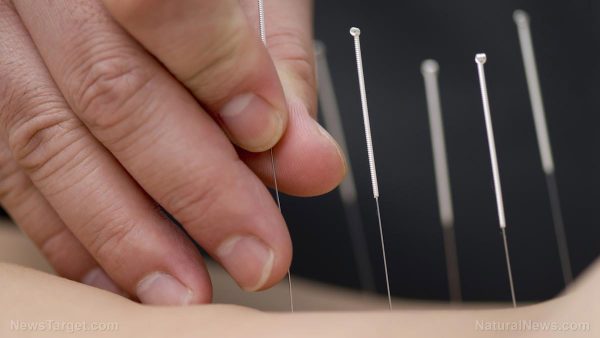Researchers reveal a potential link in relieving arthritis with pycnogenol, or maritime pine bark extract, in a controlled study involving patients with severe osteoarthritis.
Arthritis is the inflammation of one or more joints, commonly the knees, usually accompanied by joint pain called arthralgia. It impairs a person’s ability to perform everyday tasks due to symptoms such as swelling, pain, stiffness, and limited range of motion. There are over 100 identified types, including osteoarthritis, and can be mild, moderate, or severe. Some types of arthritis such as lupus and rheumatoid arthritis affect the immune system and multiple organs. It is most common among people aged 65 years or older, but people of all ages, sexes, and races can and do have arthritis. Treatments include (but are not limited to) medications and physical therapy. (Related: Beat systemic lupus naturally.)
In this trial published in Nutrients, scientists from the Universitat Wurzburg in Germany recruited 33 individuals diagnosed with severe osteoarthritis. Osteoarthritis is characterized by breakdown of the cartilage in joints. Also known as “wear and tear” arthritis, it causes pain in the joints with activity. The experiment aimed to detect polyphenols, a potent antioxidant which reduces inflammation.
“In the present study, the in vivo distribution of constituents and metabolites of the maritime pine extract pycnogenol between human serum, blood cells, and synovial fluid was investigated for the first time,” said the researchers.
Polyphenolic compounds in synovial fluid were analyzed using a newly developed and validated liquid chromatography coupled to tandem mass spectrometry with electrospray ionization (LC-ESI/MS/MS method).
The volunteers, scheduled for knee replacement surgery (arthroplasty), were either supplemented with 200 mg per day of pycnogenol, or given no supplement (control group) for three weeks prior to their surgeries. The researchers then collected samples of synovial fluid to measure the presence of polyphenols.
The results revealed that polyphenols found in pycnogenol were present in the synovial fluid of the supplemented participants, and absent in the samples from the control group.
“This is the first evidence that polyphenols distribute into the synovial fluid of patients with osteoarthritis,” said natural health physician Dr Fred Pescatore. The study further supports previous clinical trials that showed similar results.
What is pycnogenol?
Maritime pine bark extract or pycnogenol is a powerful antioxidant and has become a best-selling dietary supplement. It is claimed to remedy various kinds of diseases and illnesses such as diabetes, erectile dysfunction, hypertension, and heart disease. Studies also suggest that pycnogenol may reduce inflammation and pain among patients with arthritis.
Pycnogenol has been the focus of recent studies for its various purported benefits. Some of these include:
1. Lowering blood sugar — Research shows that anti-diabetic medication supplemented with pycnogenol lowered blood sugar levels in Type 2 diabetes patients.
2. Decreasing erectile dysfunction — Studies suggest that a combination of pycnogenol and L-arginine (a type of amino acid) in male-enhancement supplements improves blood circulation, reducing the symptoms of erectile dysfunction.
3. Hypertension — Research reveals that pycnogenol supplementation significantly decreases blood pressure in hypertensive patients.
Sources include:
NutraIngredients-USA.com
MDPI.com
ScienceDirect.com



